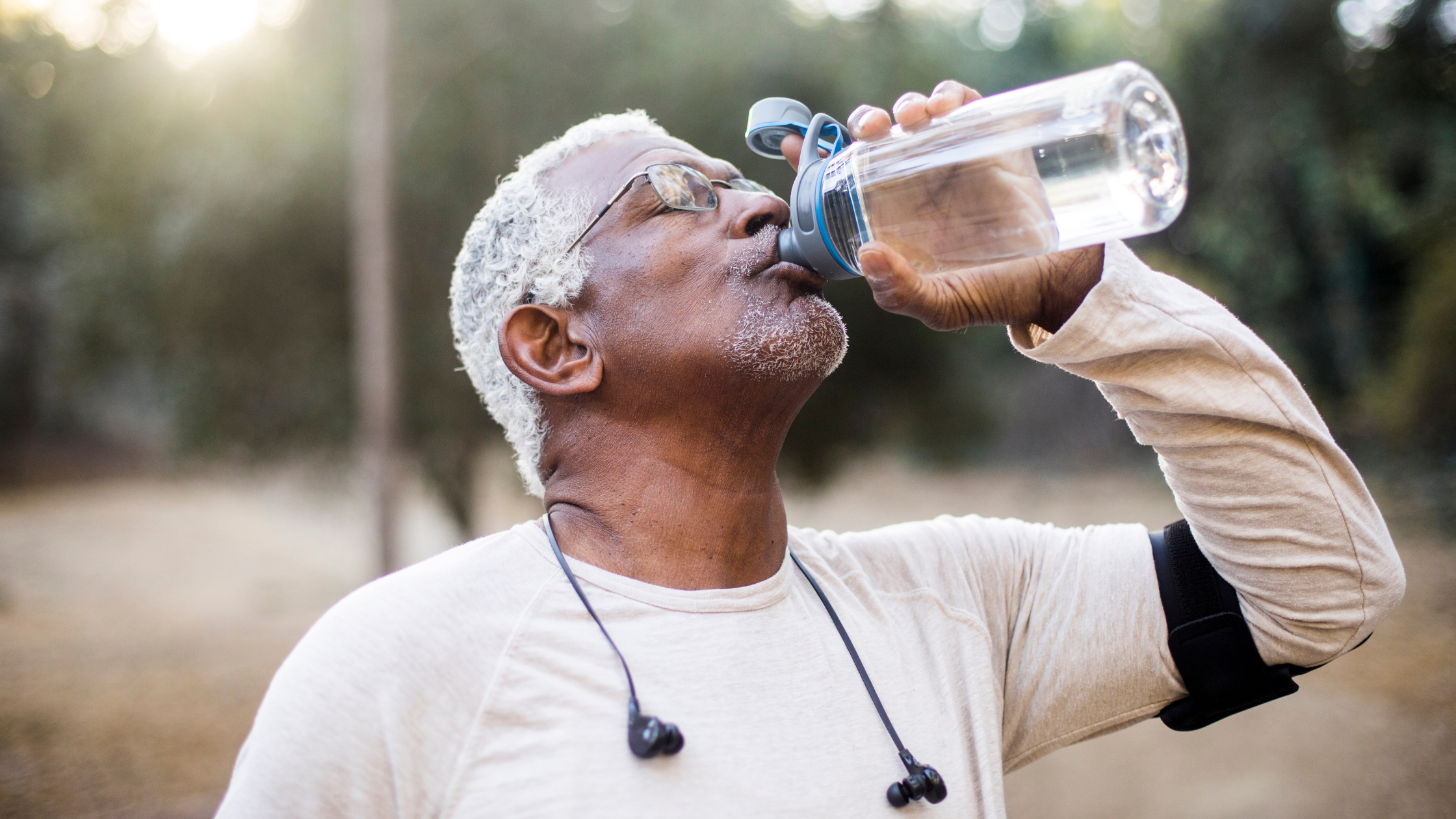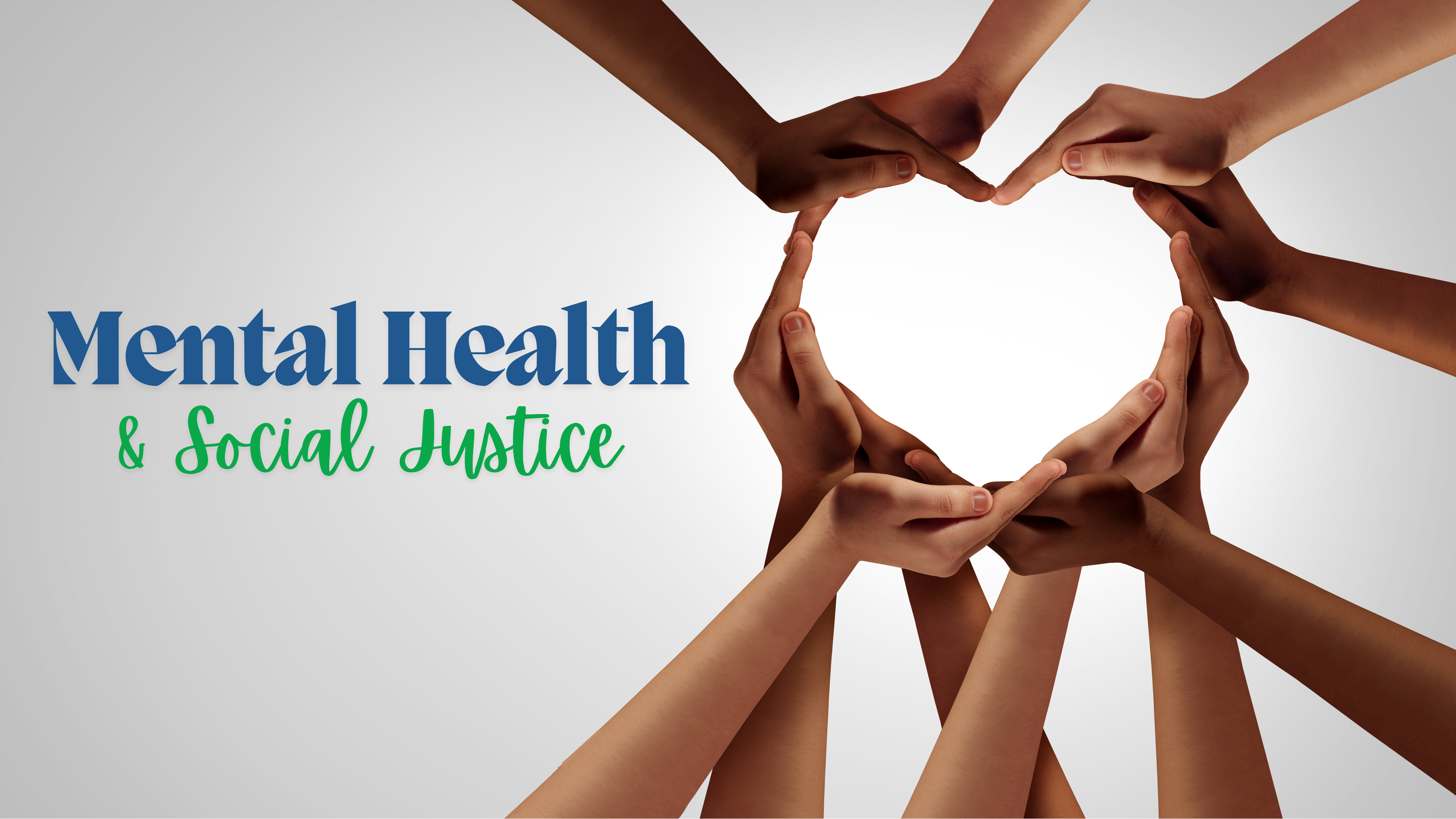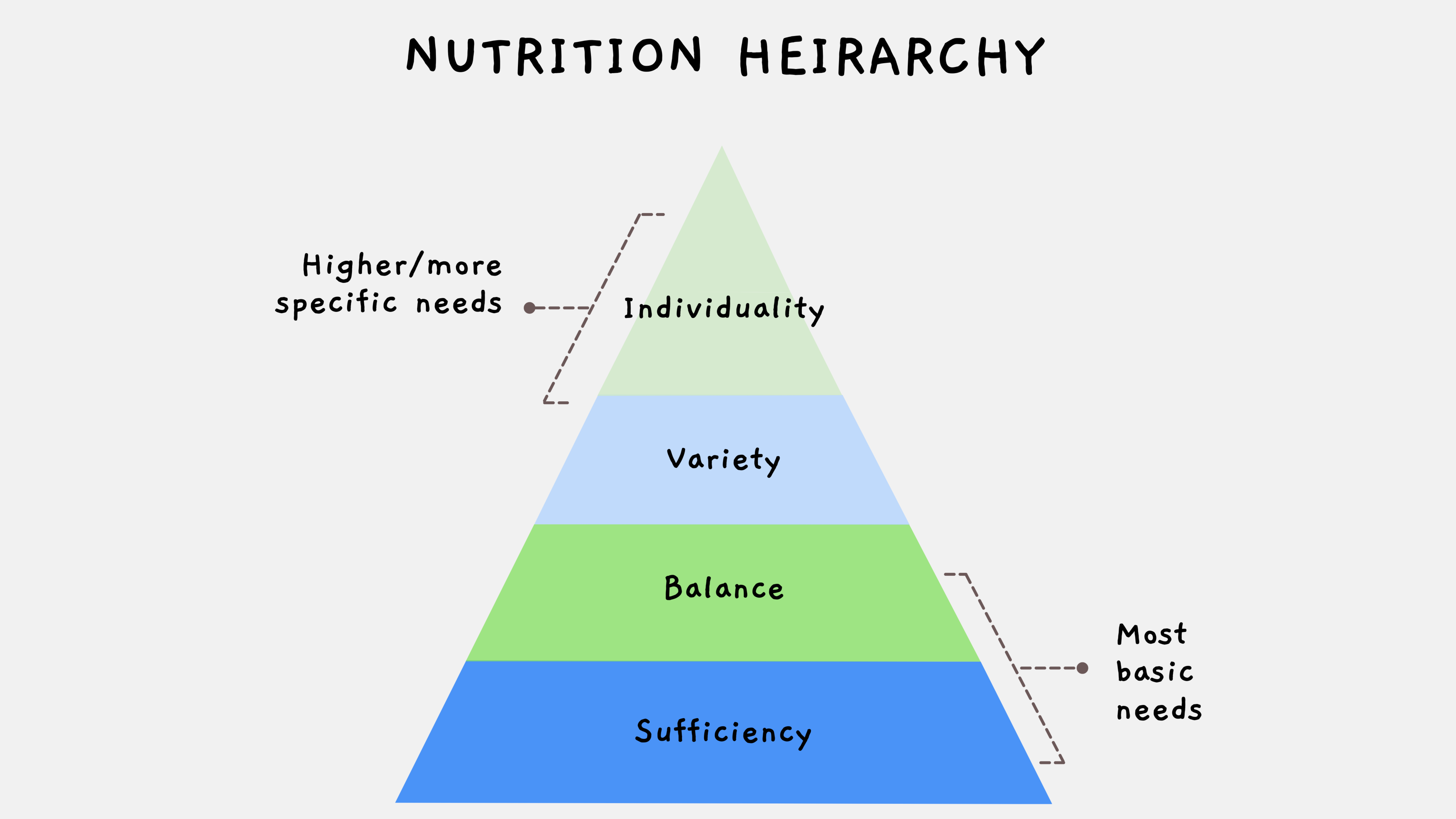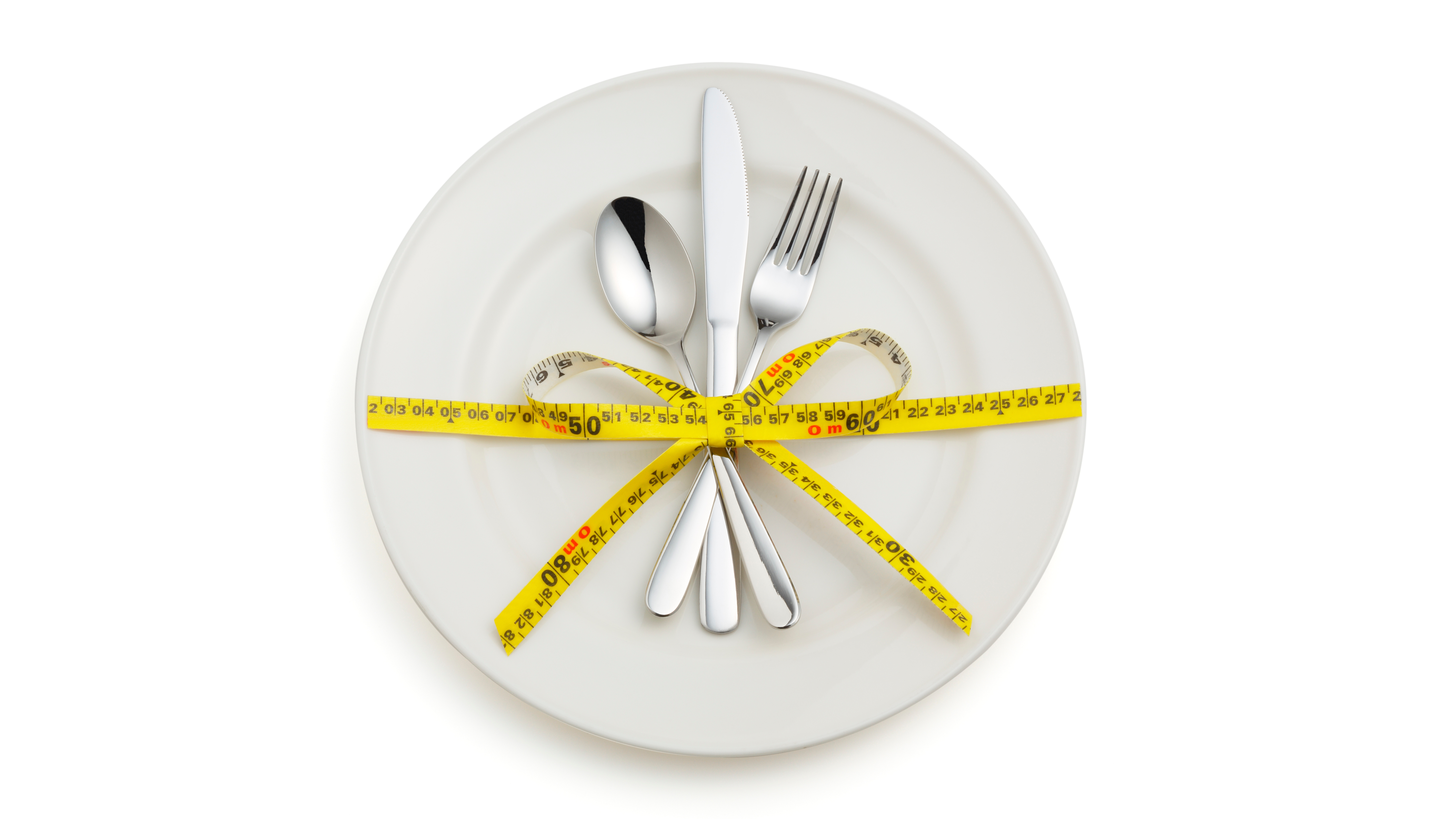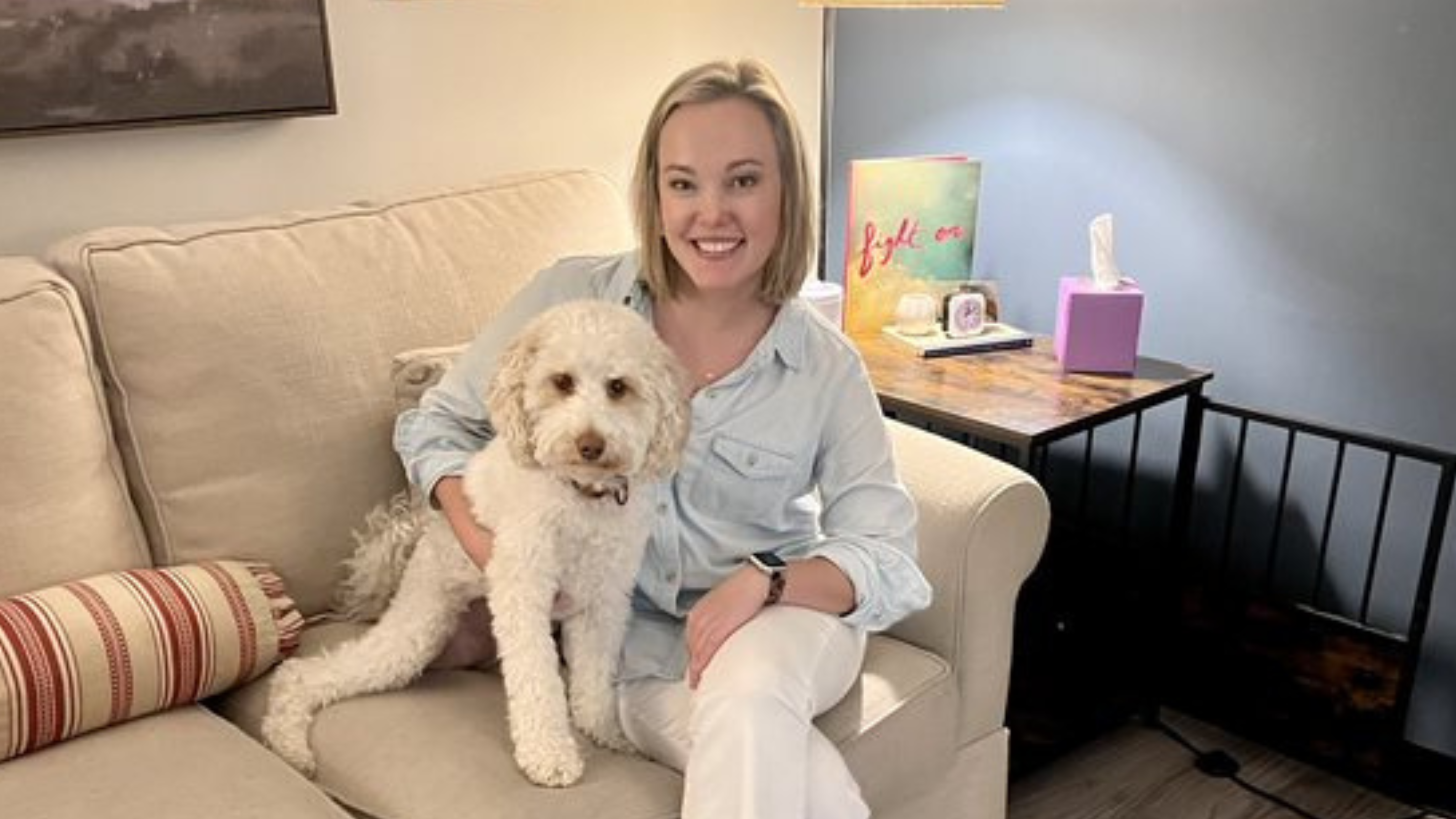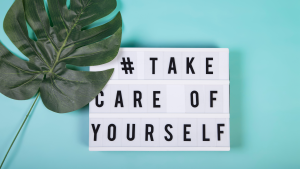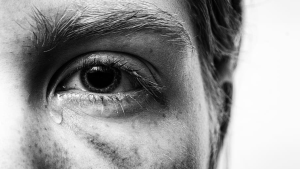
Men’s Mental Health Month: A Personal Reflection and a Call to Break the Silence
June is Men’s Mental Health Month, and it hits home for me more than ever this year. As someone who works in mental health, I’ve seen firsthand how deeply pain can hide behind a smile, a joke, or the phrase “I’m fine.” I’ve watched fathers, husbands, sons, and friends wrestle with depression, anxiety, trauma, and self-doubt in silence—because somewhere along the line, they were taught that real men don’t talk about their feelings.
The truth is, they do. And they must.
Statistics show that men are significantly less likely than women to seek mental health support. Yet they account for nearly 4 out of 5 suicide deaths in the U.S. (CDC, 2023). That’s not a coincidence—it’s a crisis.
This month is a chance to change the narrative. To say out loud that men’s mental health matters, and that there is strength—not weakness—in asking for help.
Whether you're the man who’s been silently carrying too much, or someone who loves him, here’s what I want you to know:
-You are not alone.
-You do not have to figure it all out by yourself.
-Therapy is not a last resort—it’s a powerful first step.
Where to Start: Mental Health Resources for Men
Therapy for Black Men (https://therapyforblackmen.org)
A directory and community focused on breaking the stigma in Black male communities.
HeadsUpGuys (https://headsupguys.org)
Offers tips, tools, and therapist directories specifically for men dealing with depression.
Movember (https://us.movember.com/mens-health/mental-health)
A leading movement supporting men’s health with a major focus on suicide prevention.
988 Suicide & Crisis Lifeline (Call or text 988) 24/7, free, and confidential support for people in distress.
What You Can Do This Month
-Check in with the men in your life—really check in. Go beyond “how are you?” and hold space for honesty.
-Encourage therapy and model vulnerability. Sometimes the best way to help is to lead by example.
-Share resources, raise awareness, and help normalize mental health conversations.
Men’s Mental Health Month is more than a campaign—it’s a life-saving movement. Let’s do more than just talk about it. Let’s live it.
Because real men feel, real men talk, and real men heal.
-Ta'Neja Rodgers, MSW, LCSW, Primary Therapist, Chief Operating Officer


